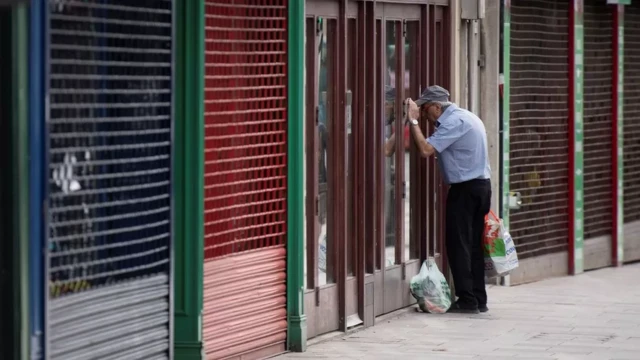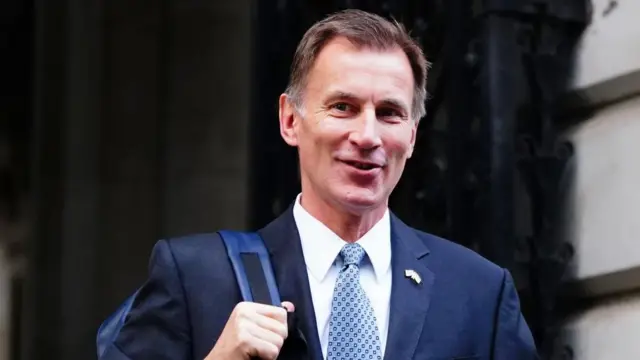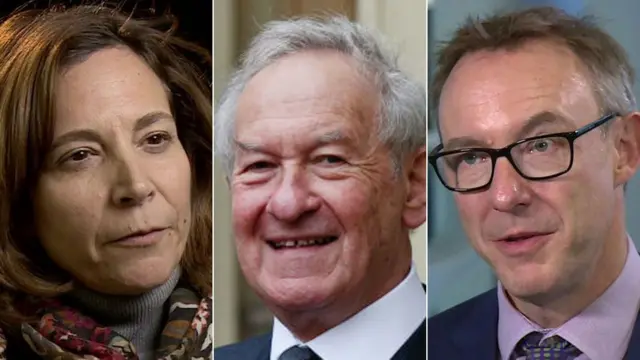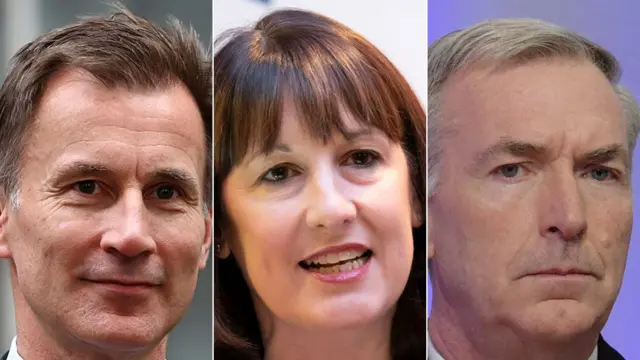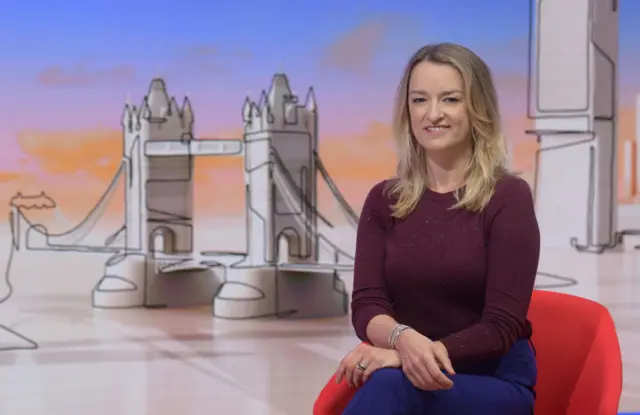Labour accuse Tories of ‘putting economy in reverse’published at 08:35 GMT 13 November 2022
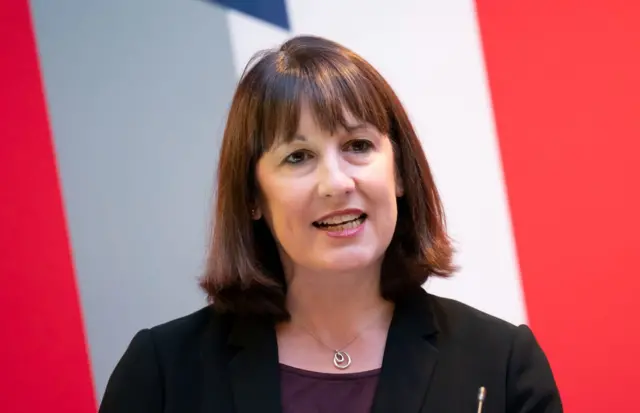 Image source, PA Media
Image source, PA MediaWe’ll also hear from Labour’s shadow chancellor, Rachel Reeves, this morning - who has set the government two tests for this week’s Autumn Statement.
The party says it wants to know how the chancellor will “make fairer choices on tax and spend” while growing the economy and improving living standards, saying the Conservatives are “putting the economy in reverse”. Labour argues that the UK is falling behind its global competitors, such as Canada, Germany and the US, with average economic growth since 2010 of 1.4%.
It is also calling on the government to crackdown on what it calls “global tax dodging” by implementing the minimum corporate tax rate agreed by the G20 group of industrialised countries.
Labour says that the UK’s commitment to the plan was “weakened” and “slowed down” by Rishi Sunak when he was Boris Johnson’s chancellor. The party adds that implementing the deal would have raised £7bn a year for UK public finances.
